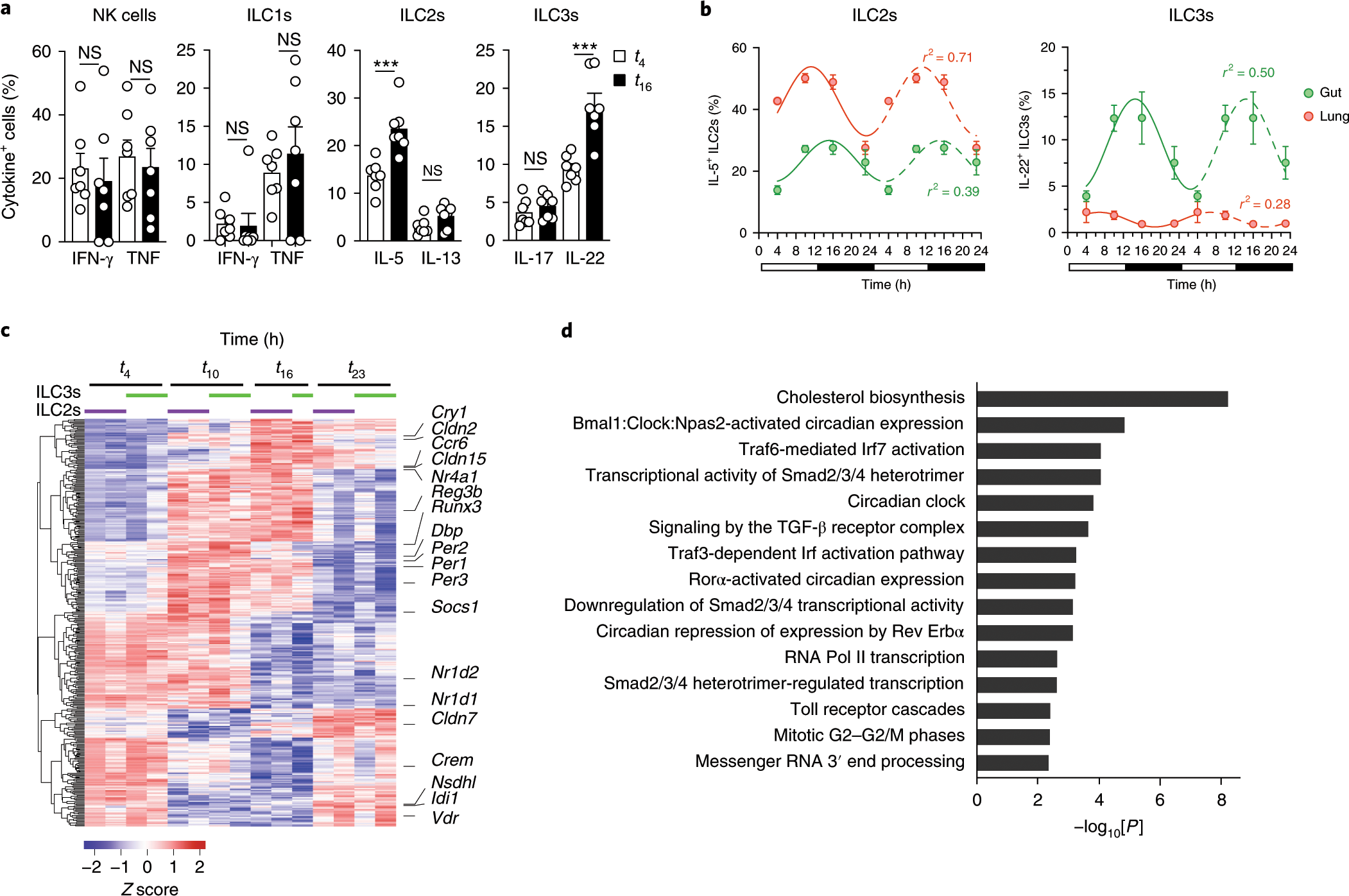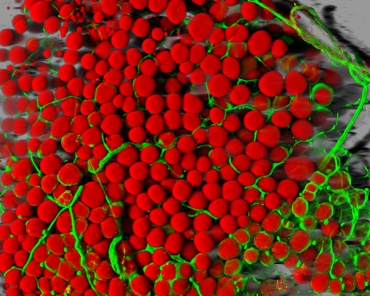
A new study has revealed how the gut’s protective mechanisms ramp up significantly with food intake, and at times of the day when mealtimes are anticipated based on regular eating habits.
Researchers from the Walter and Eliza Hall Institute found, in laboratory models, that eating sets off a hormonal ‘chain reaction’ in the gut.
Eating causes a hormone called VIP to kickstart the activity of immune cells in response to potentially incoming pathogens or ‘bad’ bacteria. The researchers also found that immunity increased at anticipated mealtimes indicating that maintaining regular eating patterns could be more important than previously thought.
With the rise in conditions a...
Read More







Recent Comments